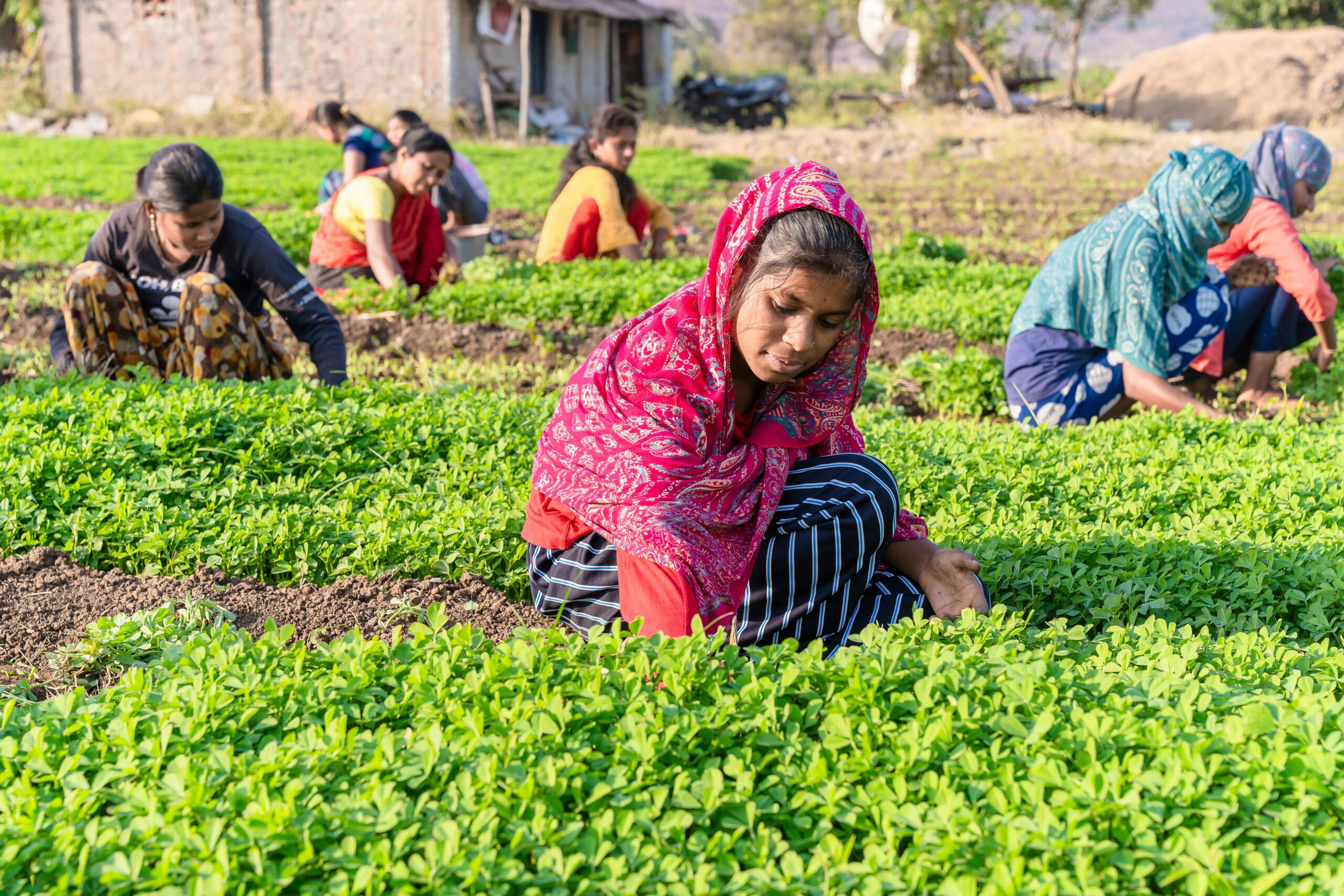The mental health issue is a global concern that affects people regardless of their age, gender, location, and social background. However, research shows that mental health issues are found higher in women especially those living in rural areas. Now, a query comes to mind, why is mental health more prevalent among women in rural areas? If you also want to know the reasons, that are causing an increase in mental health issues among women in rural areas, then you have reached the right place. We are going to discuss the reasons based on research and facts which will clear all the queries in your mind.
Understanding Mental Health Issues
Before going into deep to understand the reasons, let’s first make the foundation for better understanding. Mental health issues include emotional, behavioral, and psychological conditions of a person that affect his/her mood, thinking, and behavior. These conditions can be analyzed in the form of anxiety, depression, mental disorders, post-traumatic stress disorder, etc. When mental health is compromised, it can impact to individual’s ability to function, think, and talk properly. He starts to live in a sad zone, where he finds himself lonely and helpless which also affects his physical health in the form of sleep disorders and changes in appetite.
Why Mental Health Issues are higher Among Women in Rural Areas?
The prevalence of mental health issues among women in rural areas is higher as compared to urban areas. Many studies have shown that females residing in rural areas experience higher rates of depression, anxiety, tension, etc.
In rural areas, healthcare infrastructure is limited which results in lower access to mental health professionals. In rural areas, because lack of knowledge and awareness puts an extra societal burden on ladies which causes them depression and leads to emotional exhaustion. Sehatyab analyzed this issue and took steps to provide mental health consultation. In the past, there were fewer options available to seek mental health care, especially for women but with Sehatyab women book their online consultation and take guidance from professional psychologists or psychiatrists in the comfort of their homes
Reasons for higher mental health issues among women
Sehatyab is playing its role in contributing to society by providing audio/video consultations online.
After studies, researchers have found the core reasons that are causing the increase in mental health issues especially in rural residing women than in urban. Let’s understand the reasons in detail.
Economic Constraints
One of the main contributors to disturbing mental health in rural areas is economic hardship. A whole family of 5-6 members depends on the sole earner. Rural women face economic pressure to balance household responsibilities with unstable income resources. They start compromising their basic needs to fulfill the needs of their family members and get physically tired and emotionally drained.
Traditional Gender Roles and Expectations
In rural areas, there are seen as burdens on women, such as having to take care of their home, children, etc. Societal expectations often dictate that a woman is responsible for children, household chores, and supporting and taking care of elderly family members. The weight of these roles on a single person’s shoulder can be the cause of stress, burnout, feelings of inadequacy, and severe anxiety. The social belief is women should be self-sacrificing and prioritize others over their own well-being.
Social Isolation and Loneliness
Living in rural areas also leads to social isolation because of remote locations, lack of public transportation, and engagement in social activities. The women who are homemakers spend the majority of their time at home with limited opportunities for interaction with others outside the family which causes feelings of loneliness. Rural women, are not very aware of technology and don’t spend their spare time utilizing phones or watching funny TV shows to make their minds fresh. This lack of resources and knowledge leads to social isolation and disturbs their mental health.
Limited Access to Healthcare Services
Access to healthcare services especially mental health services is often lacking in rural areas. There could be clinics in long distances but having access to online psychologists, psychologists, and counselors in rural areas is the most rare case. Additionally, the overall cost associated with healthcare services and the distance covered to reach, with overall time spent is itself mentally drained for anybody. Sehatyab has the potential solution to this issue, with its telehealth services and online consultation availability. Families don’t have to waste their time and money in reaching the hospital and waiting in a queue for their turn, while they can book their consultation online at the convenience of their homes.
Impact of Trauma and Violence
Trauma and violence like domestic abuse and sexual violence are significant factors for mental health issues especially for women living in rural areas. Rural women face these issues a lot because of geographic isolation which can prevent them from escaping or seeking help. Rural Women who experience this are more likely to develop depression, post-traumatic stress disorder (PTSD), and anxiety which destroy their mental health so badly.
Environmental Factors and Agricultural Stress


Rural women who live in farming or agricultural communities may often face stress related to their environment. Farming families often experience financial instability due to unpredictable factors such as weather conditions, market fluctuations, or crop failures. Women not only take care of the house and family but also help in chopping crops etc which makes them super tired as well. This mental and physical tiredness becomes a cause of higher-level mental health issues and drains their health.
The Role of Education and Awareness
Lack of education and awareness is the biggest reason for fostering mental health issues for women in rural areas. In rural regions, there is often limited access to education about mental health including how to recognize it, what are the reasons, and how to seek appropriate help. There is a chance that most women are not aware of available resources or do not have the confidence to seek help. Rural schools also don’t prioritize mental health education and leave the younger generation unaware of its symptoms and side effects.
Challenges of Balancing Work and Family Life
Women in rural areas are considered masters of all traders and expected to manage everything. She has to manage the home, take care of children, support elderly members of the family, and control expenses. The pressure of fulfilling these responsibilities can lead to stress and depression which contribute to mental health issues. In case of any financial instability, it is expected women to manage everything in a limited budget and resources which brings anxiety about how everything will be done efficiently.
Conclusion
Mental health issues in rural areas are complex problems shaped by economic, social, and environmental factors. After analyzing the unique challenges faced by women in rural areas, policymakers, healthcare providers, and communities can work together to find a solution that will remove the root cause of this issue. Sehatyab has addressed this issue because it’s not only important for the well-being of women living in rural areas but also for fostering a healthy and resilient community.


